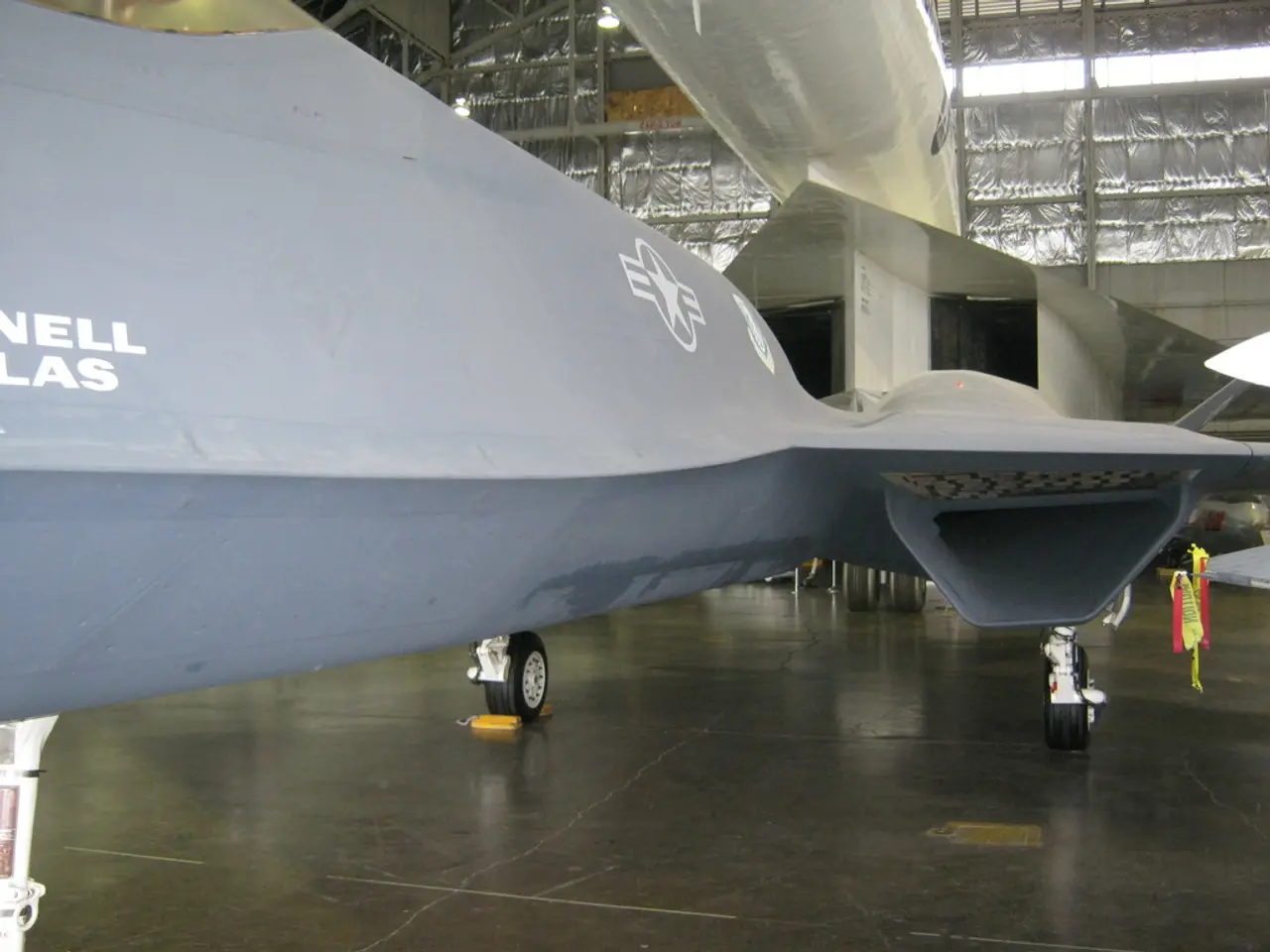Airline crew members from Air Canada call off their work stoppage following the negotiation of a preliminary agreement
The Air Canada flight attendants' strike, which began on Saturday, ended on August 19, 2025, after a tentative agreement was reached between the Canadian Union of Public Employees (CUPE) and Air Canada. The strike, which involved approximately 10,000 flight attendants, had a significant impact on the airline's operations, causing about 3,000 flights to be canceled daily, affecting roughly 130,000 passengers.
The strike, which lasted nearly four days, forced Air Canada to defy a government-imposed back-to-work order. However, the tentative agreement was secured following mediation between the union and Air Canada, including its low-cost subsidiary, Air Canada Rouge.
Key outcomes and terms of the agreement include a tentative deal that appears to provide improved conditions for the flight attendants, considering the union’s strong strike mandate and defiance of the back-to-work order. While the exact final terms of the agreement are not fully detailed, the deal ended the strike and appears to offer better compensation than Air Canada's initial offer of a 38% total compensation increase over four years.
Air Canada began a gradual resumption of flight operations as of the evening of August 19, 2025. Full restoration of normal flight schedules is expected to take 7 to 10 days due to the backlog and operational disruptions caused by the strike and mass cancellations. During the recovery period, customers with canceled flights could choose refunds, travel credits, or rebooking on alternative flights or airlines.
The strike had a substantial financial impact on Air Canada, costing the airline approximately $43 million per day. The strike was notable for flight attendants defying a government-imposed back-to-work order, marking a significant moment in Canadian labor history.
Air Canada president Michael Rousseau warned that restarting the airline is a complex undertaking. Federal labor minister Patty Hajdu invoked a legal provision to halt the strike and force both sides into binding arbitration.
The flight attendants for Air Canada ended their strike on Tuesday. The proposed agreement between Air Canada and CUPE achieves "transformational change for our industry," according to Air Canada. However, it is not immediately known when CUPE will schedule a vote for ratification, and industry experts are unsure if CUPE made substantial gains in the negotiations. The deal includes compensation for unpaid work on the ground by flight attendants, a key demand throughout the talks.
Read also:
- Federal Funding Supports Increase in Family Medicine Residency Program, Focusing on Rural Health Developments
- Potential Role of DHA in Shielding the Brain from Saturated Fats?
- Alternative Gentle Retinoid: Exploring Bakuchiol Salicylate for Sensitive Skin
- Hanoi initiates a trial program for rabies control, along with efforts to facilitate the transition from the dog and cat meat trade industry.







